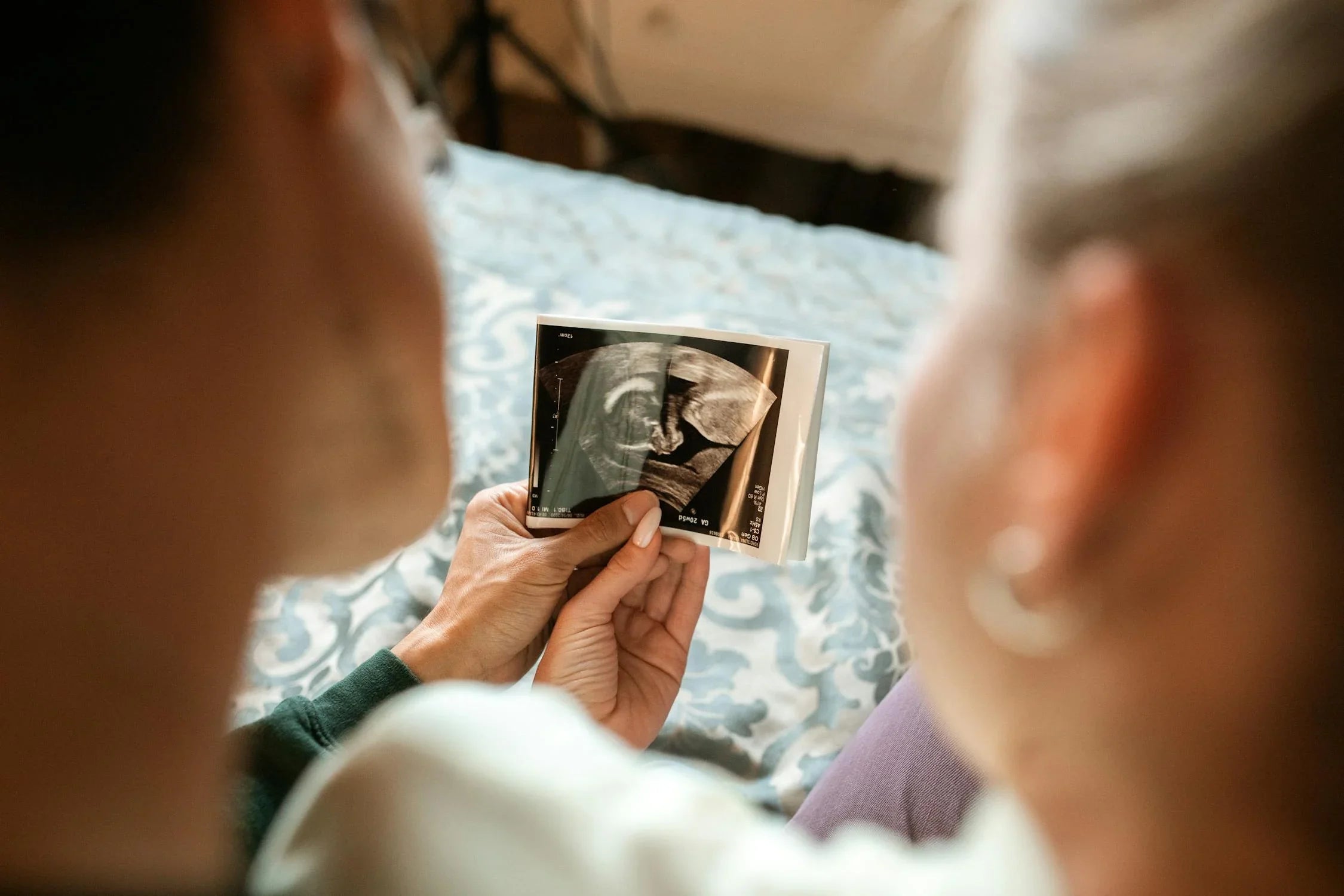Startseite
Pregnancy, Breastfeeding, and Pumping: The Ultimate Guide for Moms
When Is the Soonest Time to Take a Pregnancy Test?

When Is the Soonest Time to Take a Pregnancy Test?
When it comes to determining pregnancy, timing is everything. Taking a pregnancy test too early can lead to inaccurate results, while waiting too long can cause unnecessary anxiety. Understanding when is the soonest time to take a pregnancy test can help you get the most reliable results and make informed decisions about your health.
Understanding Pregnancy Tests
Pregnancy tests work by detecting the presence of human chorionic gonadotropin (hCG), a hormone produced during pregnancy. This hormone is released when a fertilized egg attaches to the uterine lining. The levels of hCG increase rapidly in the early stages of pregnancy, doubling approximately every 48 to 72 hours.
Types of Pregnancy Tests
There are two main types of pregnancy tests: urine tests and blood tests. Urine tests are the most common and can be done at home or in a healthcare setting. Blood tests, on the other hand, are typically performed in a medical facility and can detect pregnancy earlier than urine tests.
When to Take a Pregnancy Test
The soonest time to take a pregnancy test depends on several factors, including the sensitivity of the test and the timing of ovulation and implantation. Most home pregnancy tests claim to detect pregnancy as early as the first day of a missed period. However, some highly sensitive tests can detect hCG levels as early as 7 to 10 days after conception.
Factors Affecting Test Accuracy
Several factors can influence the accuracy of a pregnancy test, including the timing of the test, the concentration of hCG in the urine, and the sensitivity of the test. Taking the test too early, when hCG levels are still low, can result in a false negative. Additionally, certain medications and medical conditions can affect hCG levels and lead to inaccurate results.
Interpreting the Results
When taking a pregnancy test, it's important to follow the instructions carefully to ensure accurate results. A positive result typically indicates pregnancy, while a negative result may mean that the test was taken too early or that hCG levels are not yet detectable. If you receive a negative result but still suspect you may be pregnant, it's recommended to wait a few days and retest.
Early Signs of Pregnancy
In addition to taking a pregnancy test, there are several early signs of pregnancy that you may experience. These include missed periods, nausea, breast tenderness, fatigue, and frequent urination. However, these symptoms can also be caused by other factors, so it's important to confirm pregnancy with a test.
When to Consult a Healthcare Provider
If you receive a positive pregnancy test result, it's important to consult a healthcare provider to confirm the pregnancy and begin prenatal care. If you receive a negative result but continue to experience symptoms of pregnancy, it's also advisable to seek medical advice. A healthcare provider can perform a blood test to confirm pregnancy and rule out other potential causes of your symptoms.
Tips for Accurate Testing
To ensure the most accurate results when taking a pregnancy test, consider the following tips:
- Take the test first thing in the morning, when hCG levels are most concentrated.
- Follow the instructions provided with the test carefully.
- Wait until after your missed period to test, or use a highly sensitive test if testing earlier.
- Avoid drinking excessive fluids before taking the test, as this can dilute hCG levels.
Common Misconceptions About Pregnancy Testing
There are several common misconceptions about pregnancy testing that can lead to confusion and inaccurate results. One misconception is that a faint line on a pregnancy test always indicates pregnancy. While a faint line can be a positive result, it's important to confirm with a healthcare provider. Another misconception is that all pregnancy tests are equally sensitive. In reality, the sensitivity of tests can vary, so it's important to choose a test that meets your needs.
Emotional Considerations
Taking a pregnancy test can be an emotional experience, whether you're hoping for a positive or negative result. It's important to prepare yourself emotionally and have a support system in place, regardless of the outcome. If you're struggling with the results of a pregnancy test, consider reaching out to a counselor or support group for guidance and support.
Conclusion
Determining when is the soonest time to take a pregnancy test is crucial for obtaining accurate results. By understanding the factors that influence test accuracy and following best practices for testing, you can make informed decisions about your health. Whether you're hoping to confirm a pregnancy or rule it out, taking the test at the right time can provide the clarity you need to move forward.
Taking a pregnancy test is a significant step in your journey, and understanding the timing can make all the difference. With the right information and support, you can navigate this process with confidence and peace of mind.
Teilen
